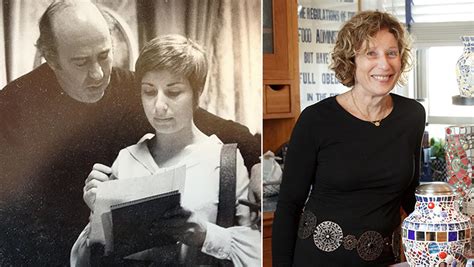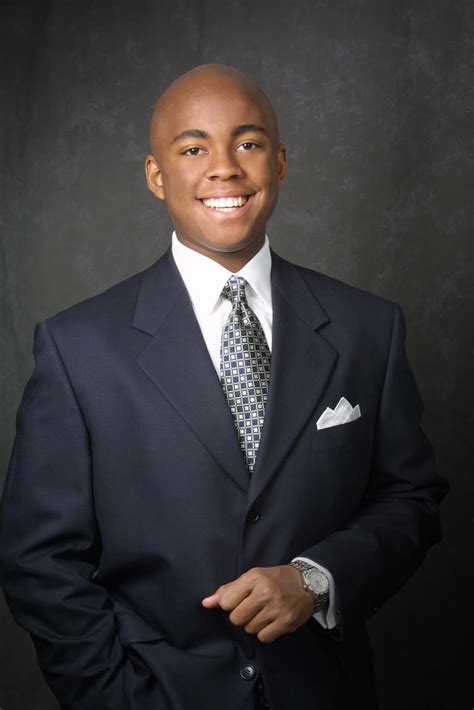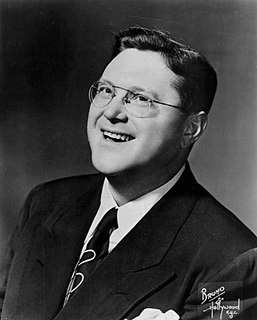A Quote by Friedrich Nietzsche
If you are considering marriage, ask yourself one question: Will I still enjoy talking with her when I'm old?
Related Quotes
Every once in awhile, find a spot of shade, sit down on the grass or dirt, and ask yourself this question: “Do I respect myself?” A corollary to this question: “Do I respect the work I’m doing?” If the answer to the latter question is NO, then the answer to the former question will probably be NO too. If this is the case, wait a few weeks, then ask yourself the same two questions. If the answers are still NO, quit.
If you ask a living teacher a question, he will probably answer you. If you are puzzled by what he says, you can save yourself the trouble of thinking by asking him what he means. If, however, you ask a book a question, you must answer it yourself. In this respect a book is like nature or the world. When you question it, it answers you only to the extent that you do the work of thinking an analysis yourself.
Most of you have been where I am tonight. The crash site of unrequited love. You ask yourself, How did I get here? What was it about? Was it her smile? Was it the way she crossed her legs, the turn of her ankle, the poignant vulnerability of her slender wrists? What are these elusive and ephemeral things that ignite passion in the human heart? That's an age-old question. It's perfect food for thought on a bright midsummer's night.
Same-sex marriage is so ingrained in the culture now that when you're talking about regular, good old-fashioned marriage, you have to say "opposite-sex marriage" to let people know what you're talking about. Just describing, just talking about "marriage" doesn't let anybody know what you mean anymore. You have to specify opposite-sex marriage.
What's weird is when you meet a girl who is 23 and you are talking to her, even her voice is high-pitched, she's young. You ask her how old she is, she says, 'Twenty-three, how old are you?' and when I tell her I'm 41 it's like I've just told her I have cancer. It's, 'Oh my God, how long have you had that?'
Look at every path closely and deliberately. Try it as many times as you think necessary. Then ask yourself and yourself alone one question. This question is one that only a very old man asks. My benefactor told me about it once when I was Young. And my blood was too vigorous for me to understand it. Now I do understand it. I will tell you what it is: does this path have a heart? If it does, the path is good. If it doesn't, it is of no use.
No aphorism is more frequently repeated in connection with field trials, than that we must ask Nature few questions, or, ideally, one question, at a time. The writer is convinced that this view is wholly mistaken. Nature, he suggests, will best respond to a logical and carefully thought out questionnaire; indeed, if we ask her a single question, she will often refuse to answer until some other topic has been discussed.








































